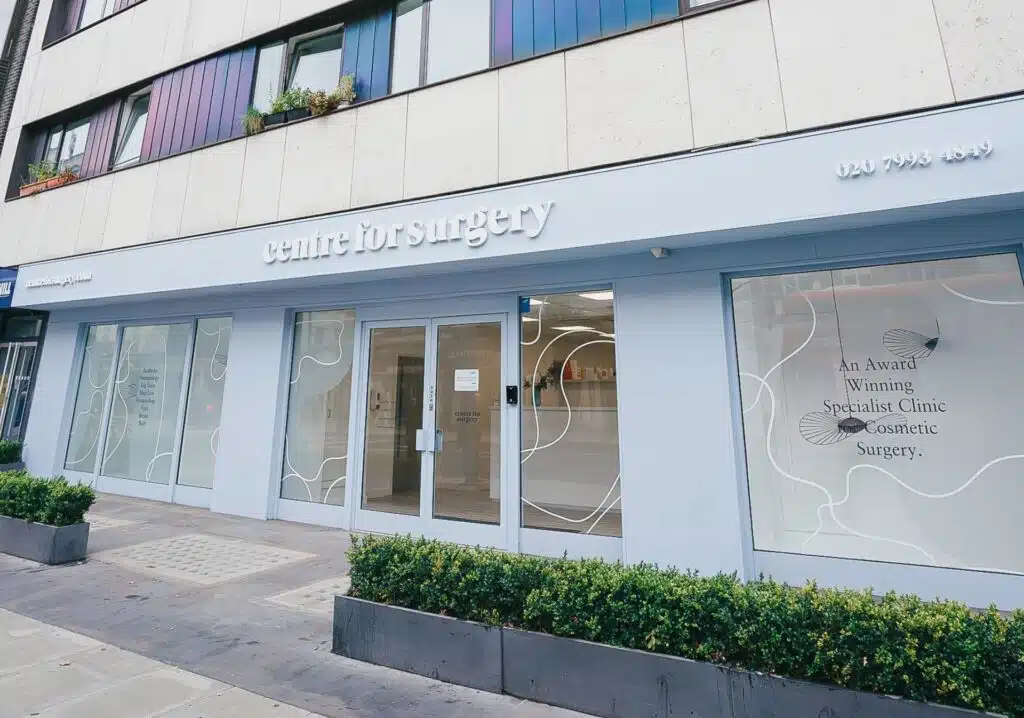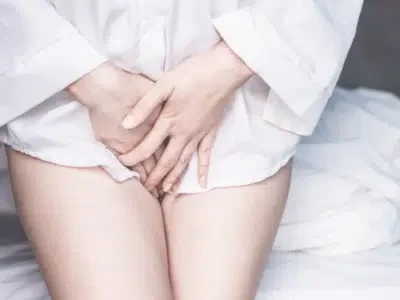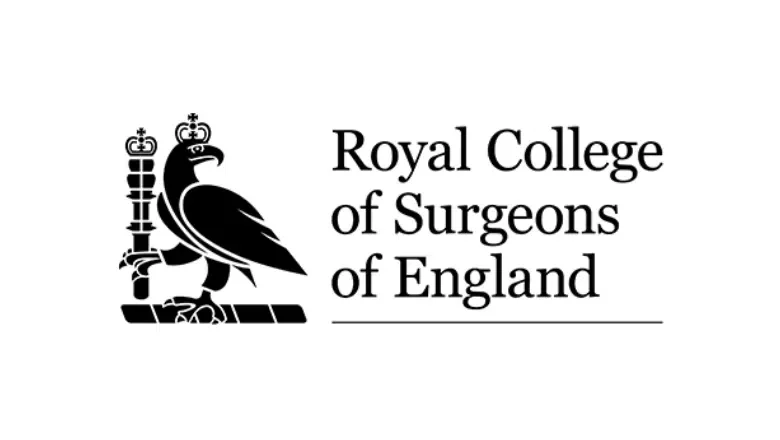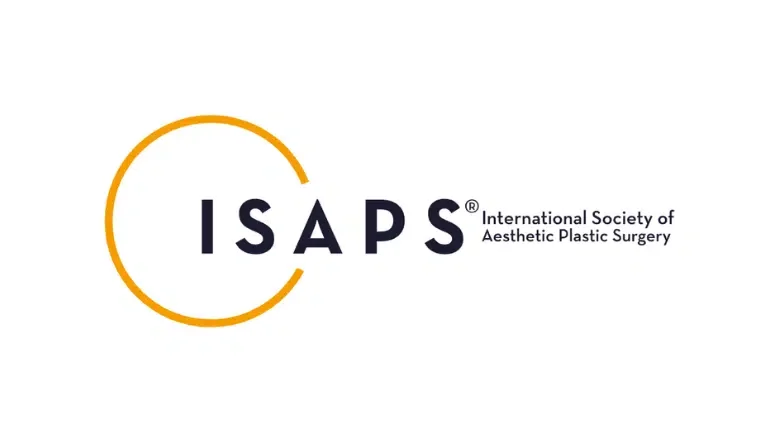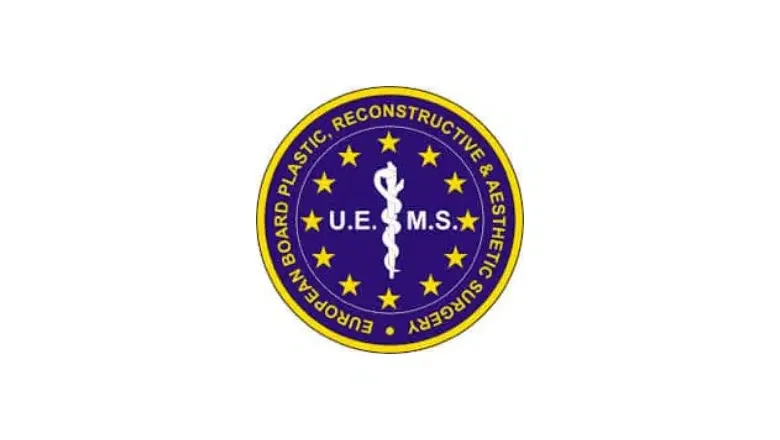Vaginal rejuvenation procedures are increasing in popularity in the UK, with many women increasingly aware of the benefits of treatment for a wide range of aesthetic and functional concerns. Many women often suffer in silence, without seeing a doctor due to the inaccessibility of effective non-invasive vagina treatments for urinary incontinence or pelvic organ prolapse on the NHS. The reality for many women is that a healthy vagina is crucial for normal sexual function and for preserving self-confidence and emotional well-being. Women who choose to have vaginal rejuvenation in London do so to alleviate significant sexual discomfort and for the restoration of normal bladder function without the potential embarrassment of urinary incontinence symptoms, which many women experience on a daily basis. The improvement of cosmetic appearance can also be achieved with vaginal rejuvenation with procedures including labiaplasty and perineoplasty. Our Baker Street clinic is a specialist centre for laser gynaecology treatments for vaginal laxity, urinary incontinence, pelvic organ prolapse and vaginal dryness.
RELATED: What is the difference between vaginal rejuvenation and labiaplasty?
Loose vagina
Women who suffer from vaginal laxity not only experience problems with sexual intercourse but also may have significant pain and discomfort. During vaginal delivery, many women may develop uncontrolled tears followed by painful and tender scar formation. Childbirth also results in looseness of the vagina. The vagina canal has to significantly widen to accommodate the passage of the baby’s head during labour. Once the vagina has stretched, it does not return to its normal pre-childbirth condition. The vast majority of women notice vagina looseness during sexual intercourse, physical exercise and when standing up when they may feel excessive pressure in the pelvic region from weakened pelvic floor muscles.
Our surgeons have specialist expertise in diagnosing and treating a wide range of vagina issues including vagina laxity using both non-surgical and surgical techniques. They are experts in non-invasive Fotona laser treatment for laser vaginal tightening without the need for incisions or scars of traditional vaginal surgery. Women with more severe degrees of vaginal laxity may be better suited to vaginal tightening surgery using minimally invasive techniques to minimise downtime and recovery.
Urinary incontinence
Urinary stress incontinence is used to describe the condition of unintentional urine leakage often precipitated by very minor physical activity such as coughing, sneezing or laughing. Over time, women often become aware they may have a distinct urine odour on the clothing they wear, which may be obvious to others around them. Urinary stress incontinence can be a very embarrassing condition which often prevents women from being sexually active for fear of urine leakage during sexual intercourse and can lead to a significant reduction in self-confidence and the avoidance of many social situations which involve leaving the house. Vaginal rejuvenation treatment has proven to be highly effective in the treatment of urine incontinence using state-of-the-art Fotona non-surgical laser for mild to moderate symptoms, with surgical treatment reserved for only the most severe cases of urine incontinence.
Pelvic organ prolapse
Pelvic organ prolapse is one of the more severe forms of pelvic floor dysfunction and develops when the pelvic floor muscles and surrounding tissue weaken, most commonly as a result of childbirth. The pelvic floor normally forms a firm and supportive soft tissue sling for the pelvic organs but often weakens or may even tear due to a difficult vaginal delivery leading to the pelvic organs bulging through the weakened vaginal walls and pelvic floor. Pelvic organ prolapse can be a source of significant pain and discomfort for women with diminished function of adjacent pelvic structures such as the bladder or rectum. Weakness of the pelvic floor can result in herniation of pelvic structures into the vaginal wall, which appears as a visible bulge. Bladder herniation is known as a cystocele and rectal herniation is known as a rectocele. Fotona laser treatment is one of the most effective non-invasive procedure options for the treatment of mild to moderate cases of pelvic organ prolapse, eliminating the need for more invasive surgery, which often carries certain risks and complications. Our surgeons are among the foremost experts in the UK in the use of vaginal lasers for the treatment of pelvic organ prolapse.
Vaginal dryness
As women approach menopause, one of the most common symptoms experienced is vaginal dryness caused by vaginal atrophy. Laser vaginal rejuvenation is one of the most effective treatments for vaginal dryness caused by menopause. Vaginal dryness can affect the ability to have normal sexual intercourse due to the significant pain and discomfort it can cause due to a lack of lubrication. Women may also be more prone to developing vaginal infections. Laser vaginal rejuvenation is effective in the treatment of a dry vagina by stimulating the production of new blood vessels, which increase blood flow to the vagina for the restoration of normal lubrication.
Laser vaginal rejuvenation at Centre for Surgery
Centre for Surgery is a centre of excellence for laser vaginal rejuvenation in treating a wide range of vaginal concerns without the need for more invasive surgery. Surgical options carry certain risks and complications, and healing and downtime can be over two weeks in many cases. Vaginal rejuvenation with laser is a non-invasive treatment with no downtime or recovery, with patients returning to their normal activities of daily living straight away. The satisfaction rate after laser vaginal rejuvenation routinely exceeds over 97%, with most women reporting a permanent improvement or even elimination of symptoms in most cases. If you would like to learn more about laser vaginal rejuvenation, please get in touch with us today to book a face-to-face consultation at our Baker Street clinic in central London.

